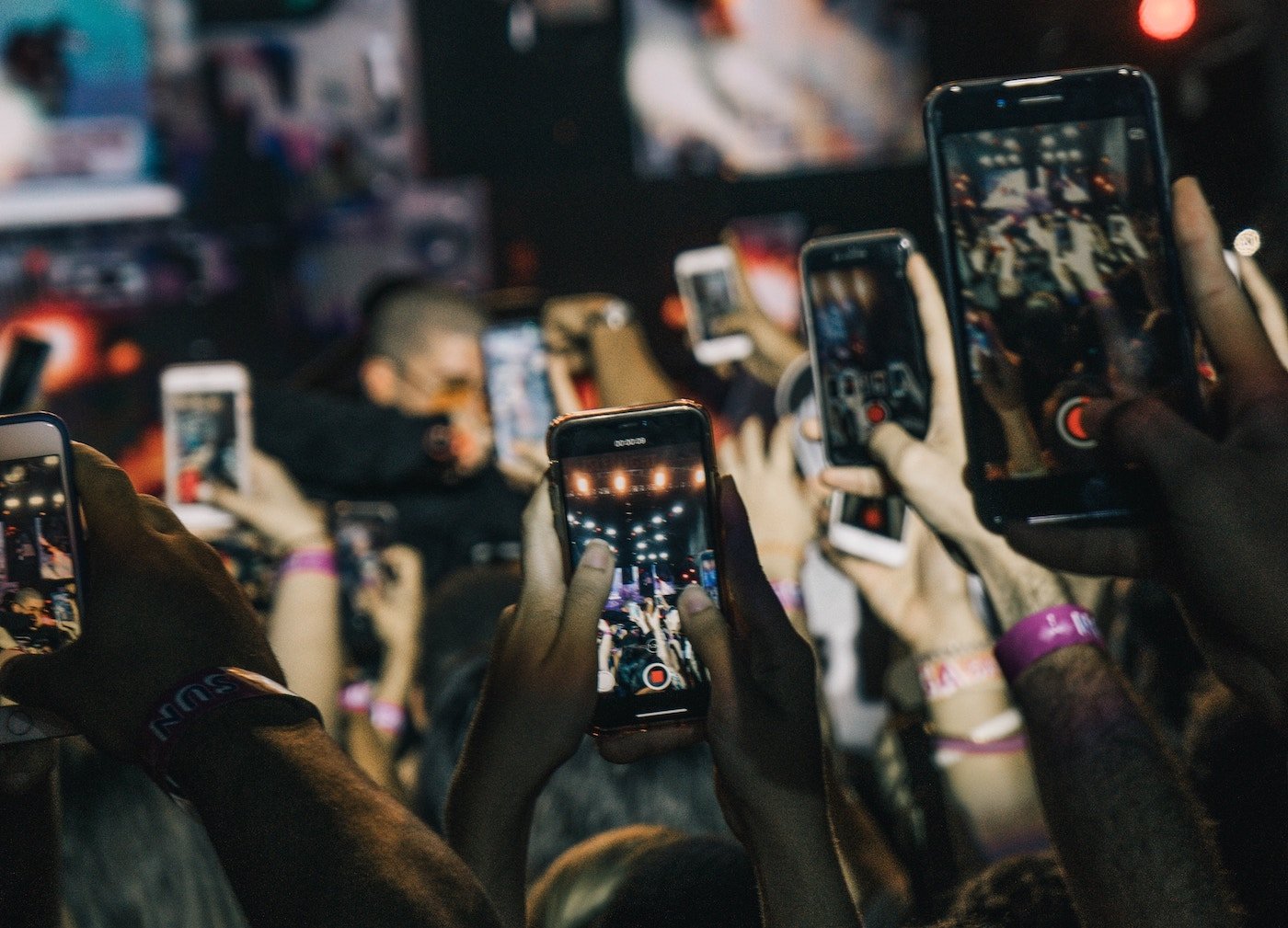Who Really Owns Your Fans? How to Build Your Following Without Giving Up Control of Your Audience

Kevin Breuner breaks down what artists can do to transition people from being simply social media ‘followers’ to active and engaged fans.
I recently did an interview with an artist who had very quickly gone from a couple thousand to 1.2 million TikTok followers. It took work and effort on her part to bring this viral attention to her music, but it happened pretty quickly. Despite this increased following, what some may call vast success, she saw disappointing results with streaming, and saw no impact on ticket sales or the attendance of her shows.
While social platforms are incredibly useful for building audiences and making connections with your fans, the artist isn’t in control of their following, it doesn’t usually translate to ticket or merch sales. One day it could all disappear, and all those followers and connections built over time will have vanished in a flash. With looming restrictions and tightening regulations by government agencies, this could very easily become reality.
Artists can prepare for that reality now and translate followers into fans.
Now, don’t get me wrong: I’m not some social media curmudgeon who thinks these social platforms don’t have advantages. The missing piece is that those followers are only valuable if artists can turn them into dedicated fans and harness them to their advantage.
Here’s how I suggest artists do just that:
- No matter the platform, it’s important for artists to have a clear call to action for the audience filtering past their profile. There are several tools out there that can help artists gather email addresses or phone numbers, to start a more direct communication thread.It’s also important to understand who an artist’s audience is, and clearly define what they’re trying to accomplish. They may want to increase their DSP following, or sell out their next show, or gather support for a new venture with an opportunity for monetisation.
- Don’t release all your content in one place, for free. Give the most engaged fans access to experiences that aren’t on the social platform, but are also catered to what they want or need. Whether this is an exclusive live stream, in-person meet up, personal video message, or anything else under the sun, these opportunities take activity somewhere else.
- Provide added benefit, something truly designed for fans that can be used as a sort of social currency or badge. Contests are a great way to do this, and the prize should be something fans truly want. True fans put in the effort to submit for the contest, and in turn, earn something that showcases their fandom and makes them feel accomplished.
- Harness a website as a hub for an artist’s business – a central place where audiences can turn to gather any and all information coming from the artist. That doesn’t mean that all the activity happens there – it just means this is the main point where followers go to find out more, to buy merch or tickets, or to get in contact.
In general, social platforms don’t want users to leave. Social platforms are great for the content that can be discarded at any time, for posts or ideas that are fun in the moment and may gain some short-lived attention, but that nobody will care about in a few weeks or need to see again.
For artists to gather fans and recruit them to join a mailing list or check a site, they must be very clear in their call to action, and make a meaningful impression on this audience to make them want more.
Unless artists are actively moving these followers to a place where they own this fan-to-artist relationship and converting followers to fans, they won’t reap the full potential and long-term benefits from the audience they have built.
I believe the only way artists can truly own this in a digital world is by understanding their fans, being clear with their intentions, and earning their audience’s direct communication method. That’s the only way to secure authentic direct-to-fan messaging and gain true fans on a more engaged and personal level.
Kevin Breuner is CD Baby’s SVP of artist engagement and education






























